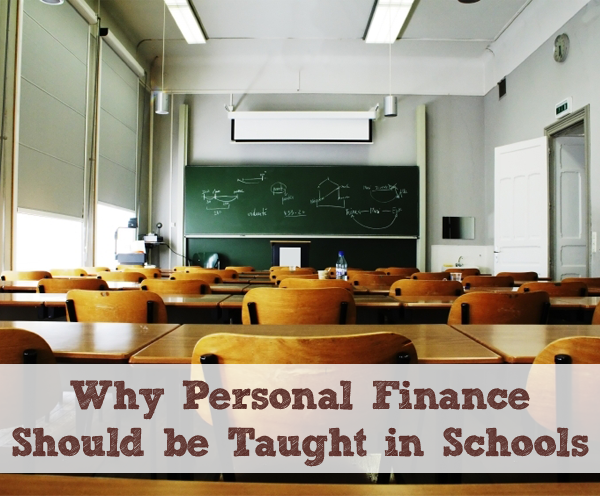There’s a number out there that every American should know: $11.52 trillion. That’s how much Americans – old, young, male, female, single and married – are in debt. From mortgages to student loans to credit cards, Americans owe $11.52 trillion, and it’s because we don’t know how to deal with money.
Think about how you learned your financial habits. Most of us learned from our parents unless we were taught otherwise, either through our own self-education or in a class. While the State of Iowa requires school districts to implement standards in both economics and personal finance, high school courses are not required to be offered or taken in either of these subjects.
This isn’t surprising; only 16 states plus the District of Columbia require testing for economics, and only 6 states plus the District of Columbia require testing for personal finance. However, the benefits of personal finance education in high school were shown in the “Pathway to Financial Success” Study done by credit card company Discover:
- 93 percent of students who have taken a personal finance class save money vs. 84 percent of those who have not
- 60 percent of those who have taken a class use a budget vs. 46 percent of those who have not
- 32 percent of those who have taken a class have invested money vs. 17 percent of those who have not
Saving, investing and budgeting are all basic money skills that personal finance classes have been shown to encourage. Some other interesting findings of the report include:
- High school seniors ranked personal finance/money management as the most critical skill for future success.
- However, only 34 percent of them feel “very confident” in their ability to manage their own finances.
- 83 percent of high school seniors said they would be interesting in learning more about managing their personal finances.
- To sum up: high school seniors recognize the importance of learning about personal finance, that it is a weakness for most of them and want to learn more about it, BUT aren’t being taught about it in school.
So, what can you do as a Security State Bank customer? First, talk to your kids about responsible money management, and don’t be afraid to start young. You can find some great resources for this at The Mint or by searching on Google. You can also look at MyMoney.gov and Wisebread.com for some great tips. You can also bring the idea of personal finance classes to the your local and state school board if you would like to see personal finance taught in schools.
Whatever you do, Security State Bank hopes you help to work toward a better financial future for yourself, your family and our country as a whole.

